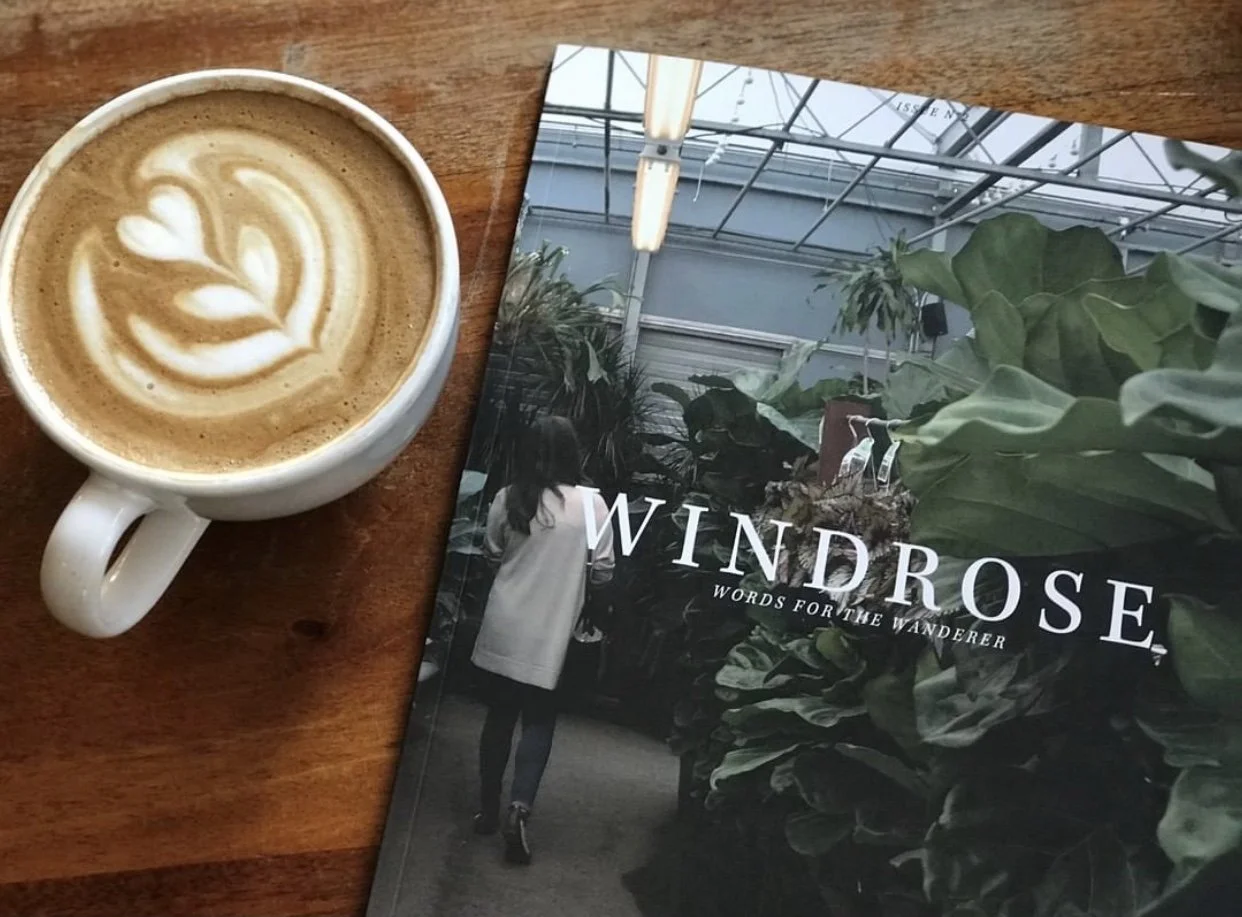Who You Are Now: On Outgrowing Earlier Versions of Yourself
In the last few months, I’ve realized, much to my dismay, that I look older. That I am aging. This sounds dramatic coming from an able-bodied twenty-seven-year old, but it’s true. I didn’t know I found so much worth and security in the way that I looked until I started to notice a difference.
As humans, we note the passing of time in the changes around us. The tree that was once green is now orange, now yellow, now brown and bare. The crack on the stoop starts to grow weeds and crumble. The basil plant gets bigger, the dust on the shelf gets thicker, and the water stain on the ceiling expands to look like a dinosaur. We note these changes with surprise, as if they’ve happened all of a sudden instead of one day at a time.
For three months, like many others, I lived the quarantine life in a tiny apartment on the Upper West Side of New York. I went outside once, maybe twice, per day to walk to the grocery store or bike along the Hudson River. The foot of my bed became a makeshift office. I rotated from the couch to the kitchen table, reading books and writing poems and taking calls. And because there were no trees or construction sites or coworkers’ hair length to tell me that time had passed, I began to track the passage of time on my body.
Everywhere I turned, my reflection greeted me—in the mirror, on the black TV screen, on the microwave door. There was little to observe indoors except myself, and I began to notice subtle changes on my skin, in my eyes, in my sleep and lack of sleep. My hair seemed to have lost its buoyancy and become dull and lifeless; my left knee got cranky after leg workouts; my metabolism became less forgiving. Like a beloved but musty living room, I felt “lived in,” and I honestly wasn’t okay with that.
These frets over my external appearance were truly the least important thing in the world and unnoticeable to anyone but me, but when it seemed that my loveliness was slipping away, my security slipped right along with it.
Immediately, I doubled down on repairing the damage, obsessing over every bite and work out, doing all manner of things to make my hair less boring, and scouring Instagram ads for a better concealer. I punished myself for changing and tried to shrink back to the person I was, the self that was familiar and comfortable and adored. And every time I walked by mirrors and windows, I checked to see if my reflection had gone “back to normal” yet. It didn’t. It hasn’t. Honestly, it probably never will.
Whether I like it or not, the world will not be returning to the way it was, and neither will I. I have changed in ways that will never be reversed, and this is a good thing.
As an older, wiser woman once told me: pining after an earlier version of ourselves is futile. It actually stunts our maturation. If we are to be continuously growing in knowledge and wonder, then it is good and right to outgrow our younger selves; to shed the layers that no longer fit and leave them behind; to accept that who we used to be is not better or worse than who we are now. Our emerging self may be different in substance but is equal in worth to the self we used to know.
I thought that freedom could be found moving backwards to retrieve a better, more valuable self. But I think the real freedom lies in moving on. In grieving who we were two, ten, or twenty years ago (or three months ago) and getting to know who we are now. Because when we give ourselves the space to change, we can embrace the new person we’re becoming and enjoy who we are meant to be.
[Photo by Christie Kim via Unsplash]










Elizabeth is a graduate of Mississippi College and the Columbia Publishing Course at Oxford University. Prior to her time at Oxford, she worked as a virtual assistant to bestselling authors and as a writing consultant, editing manuscripts, book proposals, print and digital content, and query letters. She is the co-creator of Eight Hundred Words, an online community and resource center for writers. Elizabeth currently lives in New York City and works at Penguin Random House as a Publishing Assistant for Vintage & Anchor Books. Follow her writing at elizabethmoorewriting.com or on Instagram at @_ejmoore.